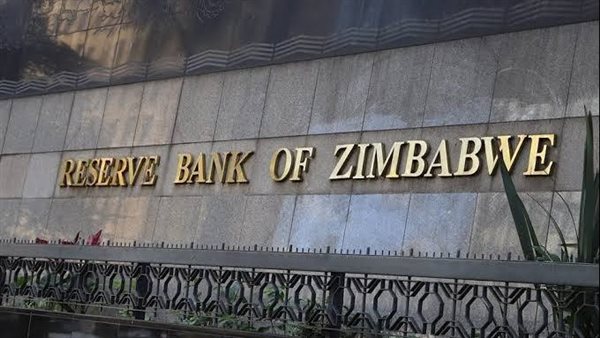
The Central Bank of Zimbabwe has maintained the highest interest rate in Africa and confirmed that its tight monetary policy stance will continue until 2025.
Bank Governor John Muchaivhanhu said in a statement on Wednesday that the Monetary Policy Committee kept borrowing costs at 35% at its last meeting this year.
He added: “To ensure the stability of inflation expectations, the Monetary Policy Committee decided to maintain the current tight monetary policy stance.”
The Reserve Bank of Zimbabwe’s tough stance has supported the country’s bullion-backed currency and helped it regain some lost ground against the dollar. ZiG – short for Zimbabwe Gold – rose 12.7% against the greenback in November, its best month since a surprise devaluation on September 27 wiped out 43% of its value.
The devaluation has led to a decline in government revenues, cut workers’ earnings, and sparked double-digit monthly inflation for the first time since the currency was introduced in April.
It has averaged nearly 8% in the past seven months, jumping to 37.2% in October.
“The rise in monthly inflation in October reflects a one-time depreciation of the ZiG against the US dollar in September 2024,” Moshiavanhu said.
ZiG, which was launched in April, is the country’s sixth attempt to create a functional local currency in the past 15 years. They are backed by gold, other precious metals, and foreign currency reserves held at the central bank.
Finance Minister Metwally Ncube said last month that the country’s financial authorities expect monthly inflation to average less than 3% next year.
However, Oxford Economics said the outlook appeared overly optimistic.
In a recent note to clients, Lyle Bigby, an economist at the London-based research firm, wrote: “Zimbabwe’s limited foreign exchange reserves, lack of access to external markets, and its tendency to rely on central bank financing to finance fiscal gaps are likely to persist.” “In putting pressure on inflation and the currency in the medium term.”



